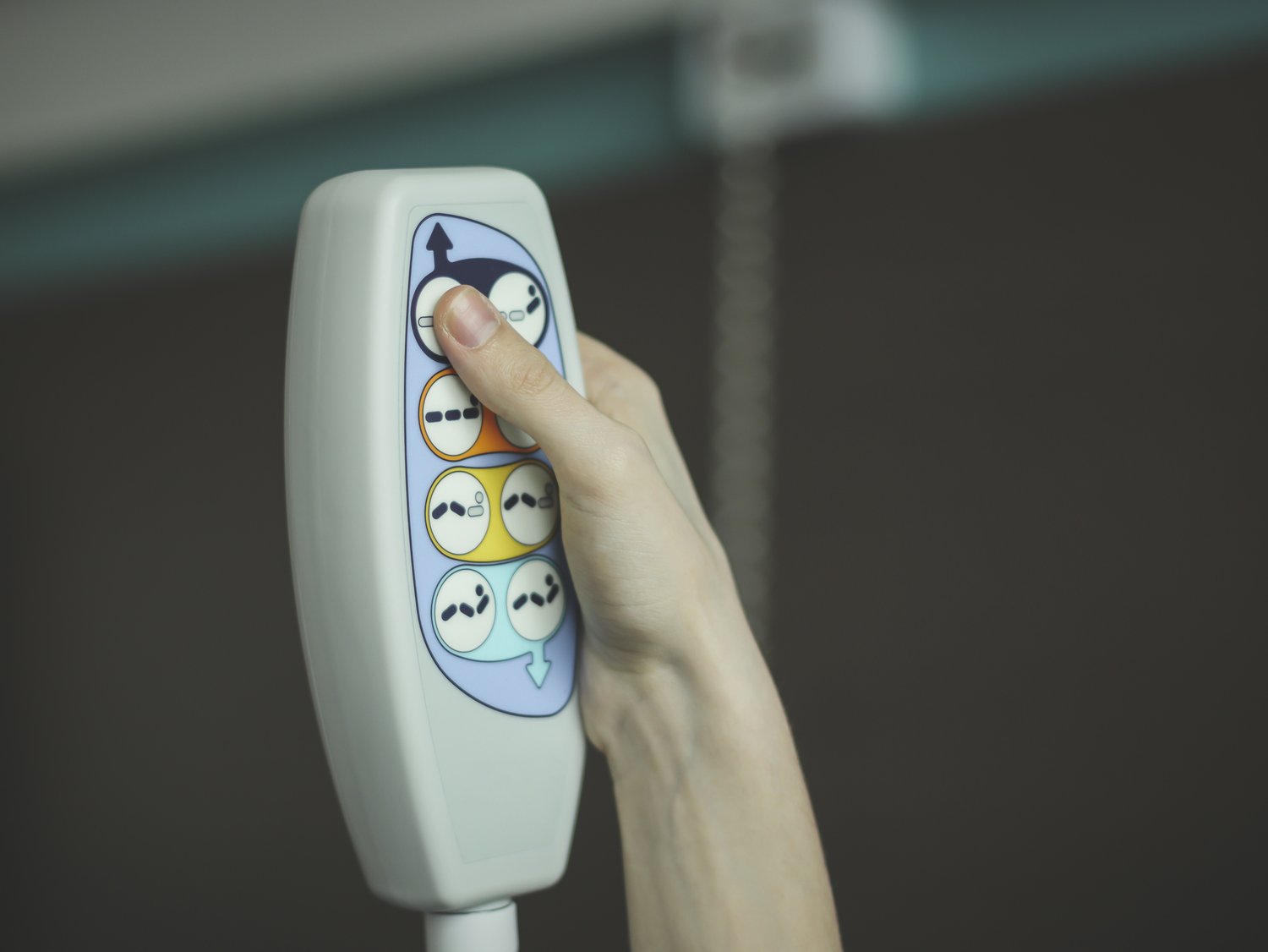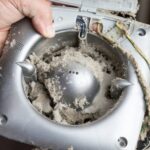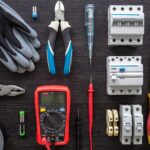Your garage door opener is more than just a convenience—it’s crucial for the security and ease of access to your home. However, when it malfunctions, it can disrupt your day and even pose safety risks. Understanding the common causes and solutions for garage door opener issues can help you keep these problems at bay and maintain the seamless operation of your garage.
- Learn how mechanical failures, sensor misalignments, and remote control issues contribute to garage door opener malfunctions.
- Discover practical troubleshooting techniques, such as checking power connections and reprogramming remotes, to resolve operational issues efficiently.
- Explore preventive maintenance tips that can help extend the lifespan of your garage door opener and avoid potential failures.
- Uncover when it might be time to seek professional help and how modern innovations like smart openers can solve recurring problems.
Dive into this guide to arm yourself with the knowledge needed to tackle garage door opener troubles, ensuring the safety and reliability of one of your home’s essential systems. By embracing both traditional maintenance and modern solutions, you’ll be well-prepared to handle any future issues with ease.
Understanding Garage Door Opener Malfunctions and Common Causes
Garage door opener malfunctions can disrupt the seamless functionality of your garage, potentially affecting the security and ease of accessing your space. Recognizing and addressing these problems is crucial for maintaining a working garage door opener. Several common issues can arise, each stemming from different sources.
Mechanical failures are often the result of worn-out gears or chains within the opener mechanism. Over time, these components can degrade, leading to a lack of drive power or noisy operation. It’s essential to regularly inspect these parts for wear and tear.
Sensor issues can also lead to malfunctioning garage door openers. Most modern systems rely on sensors to detect obstructions and ensure safe operation. Dirt, misalignment, or faulty wiring can cause the sensors to malfunction, preventing the door from closing properly.
Another common issue lies with remote control problems. Remote controls can experience connectivity issues due to battery depletion or interference from other electronic devices. Checking these elements can often resolve operational hiccups.
Understanding these root causes is a pivotal step in diagnosing and efficiently repairing the opener. By familiarizing yourself with potential problem areas, you can swiftly address malfunctions and maintain your garage door opener’s reliability.
Troubleshooting Garage Door Opener Operation
When faced with garage door opener operation issues, it’s important to approach troubleshooting methodically. Begin by checking the power connections. Ensure that the opener is plugged in and receiving power. A tripped circuit breaker or a blown fuse could be the culprit.
Next, focus on reprogramming remote controls. Resetting the devices can solve connectivity issues. Consult your opener’s manual for specific instructions on how to reprogram the remote or replace its batteries if they are depleted.
To resolve sensor alignment problems, inspect the positioning of your garage door sensors. Misaligned sensors often prevent the door from closing properly. Realign the sensors so that their indicator lights are either steady or in accordance with the manufacturer’s recommendations.
By systematically applying these practical troubleshooting steps, you can address operational issues in your garage door opener and restore its functionality. Regular maintenance and swift attention to malfunctions can save you from more significant repairs down the line.
Preventive Maintenance to Avoid Garage Door Opener Malfunctions
Preventive maintenance is crucial in ensuring your garage door opener remains functional and efficient. By incorporating regular upkeep, you can significantly reduce the risk of unexpected failures. One essential step is performing regular inspections. Check for any signs of wear and tear in the mechanical components. Look for frayed cables and misaligned tracks, which may lead to serious malfunctions if left unchecked.
Another important aspect of maintenance is the lubrication of moving parts. Apply a high-quality lubricant to the rollers, tracks, and hinges to minimize friction and ensure smooth operation. Regular lubrication not only extends the lifespan of these components but also prevents annoying squeaks and jams. It’s recommended to lubricate these parts every six months for optimal performance.
Additionally, don’t overlook the importance of replacing the batteries in your remote controls and wall consoles. A weak battery may result in erratic opener behavior or a complete failure to respond. Timely battery replacement keeps your garage door opener responsive and reliable. Typically, batteries should be replaced once a year, but it’s wise to keep an extra set on hand for emergencies.
By adhering to these preventive maintenance practices, you not only enhance the longevity of your garage door opener but also improve its reliability. This proactive approach can save you both time and money on unexpected repairs in the long run.
When to Seek Professional Help for Garage Door Opener Malfunctions
There are certain situations when seeking professional help becomes crucial in addressing garage door opener malfunctions. One of the most common scenarios is when you encounter complex mechanical issues that require specialized knowledge and tools. For instance, if the garage door is off track or the springs are broken, it’s best to call in a professional to ensure safe and proper repair.
Electrical problems are another area where professional assistance is beneficial. If your garage door opener frequently blows fuses or circuits, it’s indicative of a deeper electrical issue. An experienced technician can diagnose and fix these problems efficiently, ensuring the safety and functionality of your garage door system.
Moreover, if reprogramming the remote control or troubleshooting sensor alignment doesn’t restore the opener’s operation, it’s wise to consult with a professional. They can provide insights into potential circuit board failures or offer solutions that may not be immediately apparent to a layperson.
Ensuring long-term functionality and safety for your garage door opener involves acknowledging when an expert’s intervention is necessary. While DIY solutions can rectify minor issues, complex or dangerous problems should always be left to those with the right expertise.
Exploring Modern Solutions to Garage Door Opener Problems
In today’s rapidly advancing technological landscape, innovative solutions for garage door opener problems have become increasingly accessible and effective. Smart garage door openers have emerged as a game-changer, offering users enhanced convenience and security features that were unimaginable just a few years ago.
These smart systems integrate seamlessly with your home automation setup, allowing you to operate your garage door remotely using your smartphone or voice commands through virtual assistants like Amazon Alexa or Google Assistant. This not only simplifies the user experience but also provides the ability to monitor and control your garage door from anywhere, ensuring peace of mind even when you are miles away from home.
Moreover, the introduction of diagnostic apps that work in conjunction with smart garage door openers takes troubleshooting to a new level. These apps provide detailed monitoring of your garage door mechanisms, alerting you to potential issues before they become major garage door opener malfunctions. With real-time notifications, you can address problems quickly, reducing the need for costly repairs or replacements.
Another innovative feature offered by modern solutions is the enhanced security they provide. Smart openers often include features such as automatic locking, access logs, and customizable user permissions. This means you can track who enters your garage and when, adding an additional layer of protection to your home.
Adopting these modern technologies is an excellent step toward staying ahead of potential garage door opener issues. As part of a comprehensive approach, consider integrating smart solutions and diagnostic tools into your regular maintenance routine to ensure your garage door’s longevity and reliability.
Frequently Asked Questions About Garage Door Opener Malfunctions
What are common causes of garage door opener malfunctions?
- Mechanical failures: Worn or broken parts.
- Sensor issues: Misalignment or blockage.
- Remote problems: Dead batteries or reprogramming needed.
How can I troubleshoot a non-responsive garage door opener?
- Check power connections.
- Reprogram the remote.
- Ensure sensors are properly aligned.
What maintenance can prevent garage door opener issues?
- Regularly inspect components.
- Lubricate moving parts.
- Replace batteries timely.
When should I contact a professional for garage door repairs?
- If you notice complex mechanical failures.
- Persistent sensor problems.
- High safety risks are involved.
What are some modern solutions for garage door opener problems?
- Consider smart garage door openers.
- Use apps for remote management.
- Explore advanced diagnostics features.





